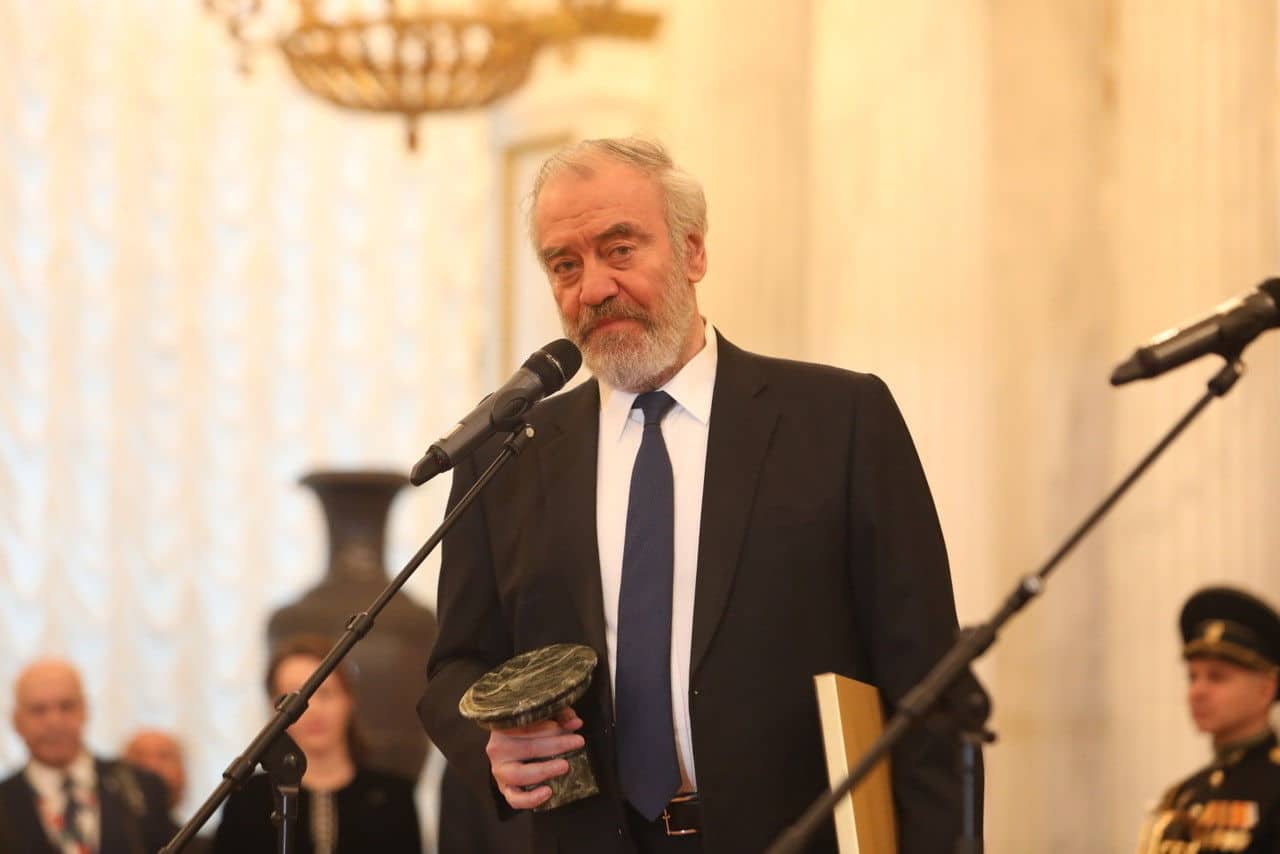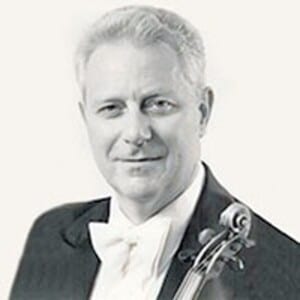Russian orchestra exhumes a banished composer
mainThe Sverdlovsk Philharmonic is putting on what may be the first festival of music by Nikolay Myaskovsky (1881-1950), a composer who won the Stalin Prize five times but spent his final years in internal exile.
His music never recovered from the ban.
More here.






Here is a fun activity for my fellow SD’ers.
Please complete the phrase:
Winning the Stalin Prize five times is something akin to winning the (——- fill in the blank ——) Prize today.
—
My contribution:
— “Rudi Giuliani Life-time Achievement Commemorative”–
Lockheed Martin Prize for Peace
The Ted Cruz Sustainable Tourism Prize
Nobel Peace Prize, whose laureates include some of our most distinguished war criminals (Obama, Kissinger, Kofi Annan, Abiy Ahmed). And apparently, Stalin was nominated for it.
But really, must we tar all recipients of honours awarded by corrupt establishments with the same brush? By that logic, we would write off anyone with a British knighthood…
Hollywood Casting Couch Women’ Rights Prize.
The Svetlanov set of the complete symphonies is excellent. Or, if you’d prefer to just get a single “disc” then Javi’s 6th (DG) or the Naxos coupling of 24 and 25 is worth a punt
Myaskovsky was a person of integrity. During the Stalinist “anti-cosmopolite” anti-Semitic campaign after World War II, when Myaskovsky was on the staff of the Moscow Conservatory, he was ordered to deny Leonid Kogan a diploma for no reason other than his ethnicity. Myaskovsky quit his job rather than carry out the order; he said: “How can I say that the best violinist in Moscow is not good enough to graduate?” (Kogan eventually went on to a major career anyway.)
Rostropovich made a glorious recording (in England) of Miaskovsky’s Cello Concerto. EMI issued it on CD with Oistrakh’s recording of the Taneyev Suite for Violin and Orchestra. Worth seeking out if you love great string playing, and great writing for string soloists.
I am relying on my memory here but the late Harry Ellis Dickson wrote that at his audition for the Boston Symphony violin section, Koussevitzky had the orchestra’s librarian bring out a Miaskovsky Symphony for Dickson to sight read — being reasonably confident that it would be true sight reading for just about any auditioner.
I agree – the cello concerto is very fine. I have always enjoyed his music.
I thought that piece was by Taneyev, a composer Dickson said he had never heard of.
His string quartets are an impressive corpus and should be performed far far more often. Try the Taneyev set.
Timely also for another reason: Myaskovsky was the close friend of Prokofiev, who died 68 years ago on March 5, 1953, the same day as Stalin.
I first read the title very differently.
Myskovsky music never was banished in USSR. It was played and published. He was less popular than his famous contemporaries: Prokofiev and Shostakovich. M. didn’t write music or operas, movies of communist propaganda subjects like those two. He was person of integrity. M. was teacher of prominent Soviet composers.
Bronislaw Hubermann praised Taneyev’s suite for violin and orchestra, which David Nelson mentions above, as an unknown masterwork in an article Hubermann wrote for an American musical magazine around 1920. As Mr. Nelson says, David Oistrakh recorded it with Nikolai Malko for EMI, who issued it on CD with Rostropovich playing Myaskovsky’s cello concerto.
Wonderful composer. I would love to go to that festival! Maybe someday Leon Botstein will program some Myaskovsky at Bard.
I think Botstein has already. Pretty sure I’ve seen recordings for download
You’re right. The 2008 Prokofiev festival had the 13th Symphony. I didn’t start going to Bard until 2010.
Quite the contrary. His music was not only not banned but positively promoted during the Soviet era – witness the complete recording of his orchestral works, including all 27 symphonies, conducted by the peerless Svetlanov. Which other prolific Soviet-era composer enjoyed such largesse from the State? His music was just what the Soviets wanted to pacify the masses – not ‘avant garde’ or dissonant; just the sort of thing that might happen to bring some rest and recreation to Stalin after a hard day at the office signing death warrants for his ‘enemies’. Generally Miaskovsky never sought to provoke animosity or identity himself with ‘counter revolutionaries’ or dissidents of any kind; neither did he ingratiate himself to the regime. His resignation over the Kogan matter was highly principled though. He was among the group of composers who were denounced in 1947, though he had written an overture in honour of Stalin’s 60th birthday.
As for not promoting communist propaganda, to be fair, the sixth symphony is ‘political’ but dating from shortly after the revolution, it merely reflected the spirit of the time and was in no way written to honour a murderous dictator or even to glorify ‘the state’.
To me, the twenty-first symphony, the cello concerto and the violin concerto (very similar to Glazunov’s) are masterpieces but (and this is, of course just a personal opinion) I have found most of the other orchestral works rather ‘grey’ – the other symphonies don’t seem to have the thematic contrasts, the moments of tension and relaxation and the vivid orchestration one finds with his contemporaries Prokofiev, Shostakovich and Kabalevsky, for example. To my ears, there’s not much distinctly Russian about much of his music either – not a criticism but just an observation.
Maybe I ought to give him another try though. I’ll search out my Olympia CDs and give it a go.
Another vote for the 21st from me!
Petrenko has a new CD of this, cw. Prokofiev 5, on LAWO Classics.
I owned a Philly/Ormandy 21st on mono LP many years ago. Fine symphony, beautifully done!
Nikolay Mayiaskwhy?
How is it possible that someone who won 5 Stalin Prizes got banished?
Myaskovsky did not apologize at the 1948 composers congress the only one who refused, he also used religious chant in several works, his father was shot by red guards and always regarded as someone from the old tsarist past, he hot the awards simply because he was the most respected among his peers.
Stalin Prize could have been given even to a political prisoner, as was the case with the prominent surgeon Valentin Voino-Yasenetsky (1877-1961). Overall, he spent 11 years in prisons and exile for religious reasons. During the World War II, in 1944, while on exile in Krasnoyarsk, Siberia, he was awarded Stalin Prize for his monograph “Notes on Purulent Surgery”. When he learnt about it, he requested for an early parole and permission to practice surgery at the war front, but that didn’t happen. He received the award only after war, in 1946.